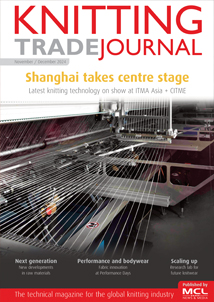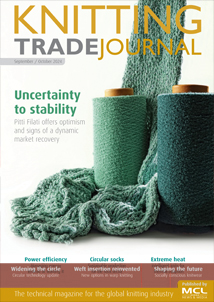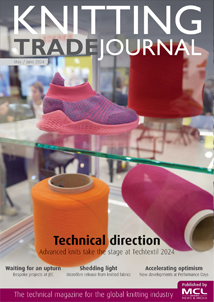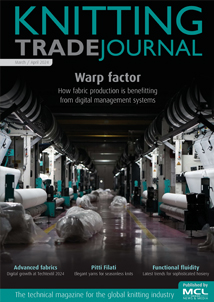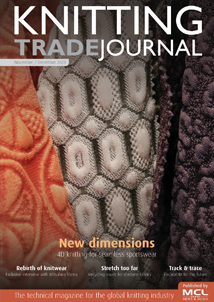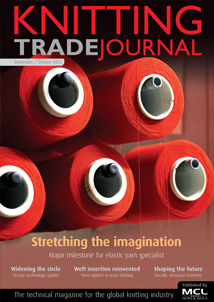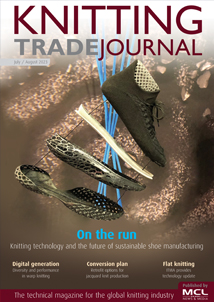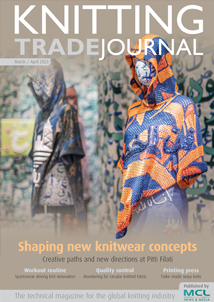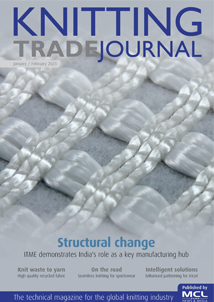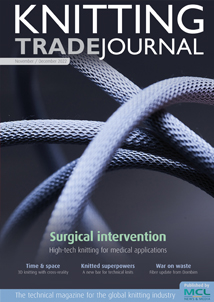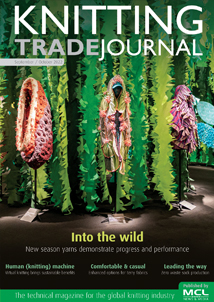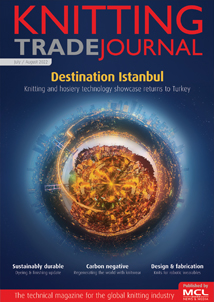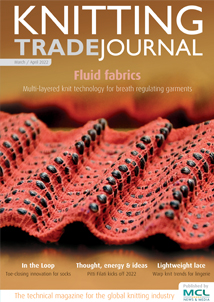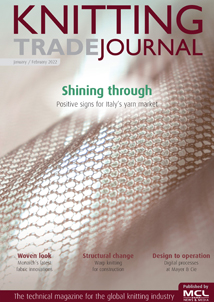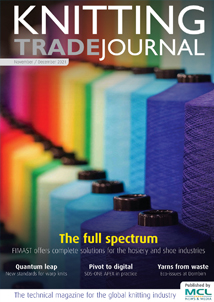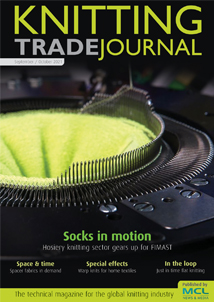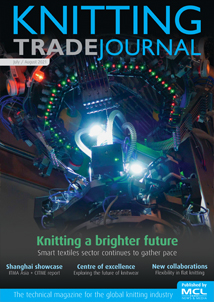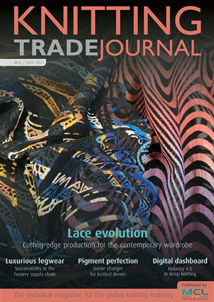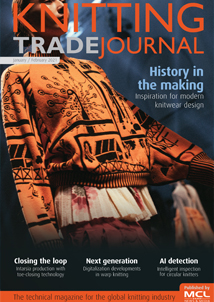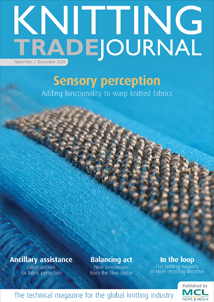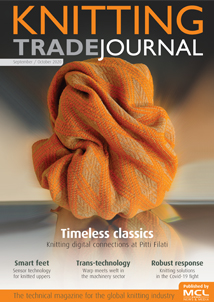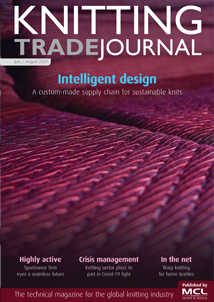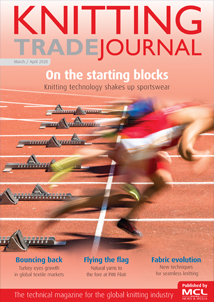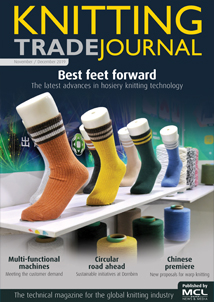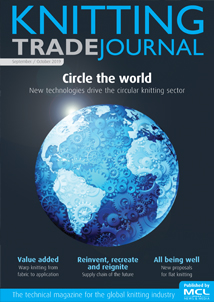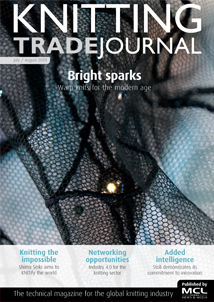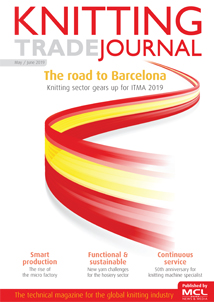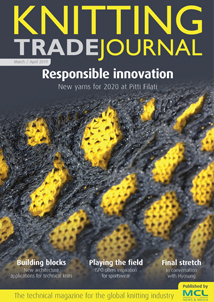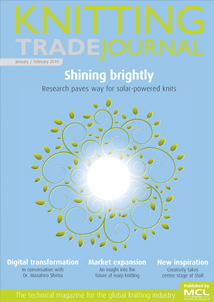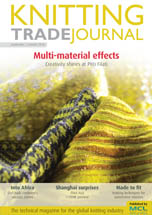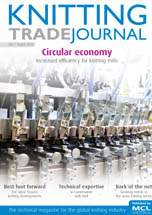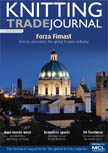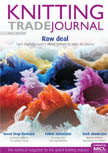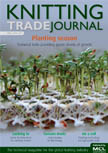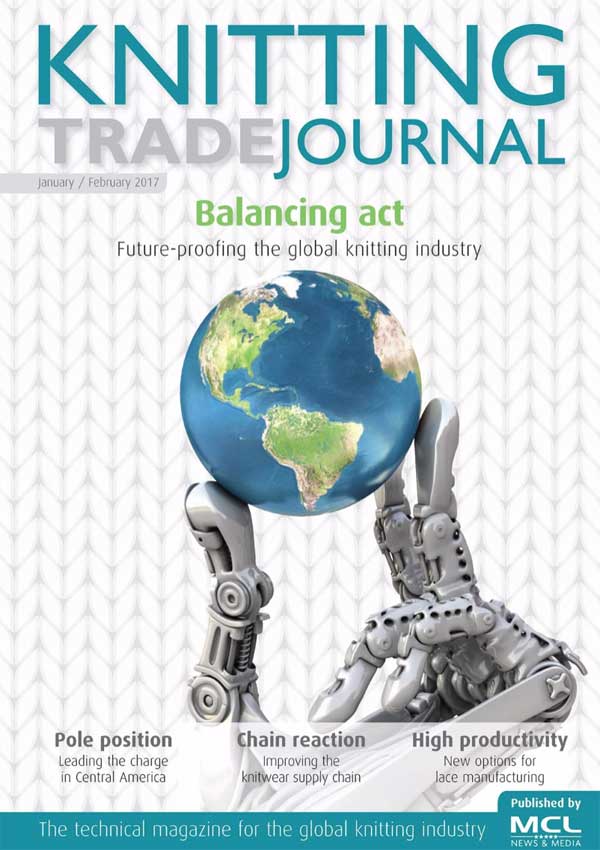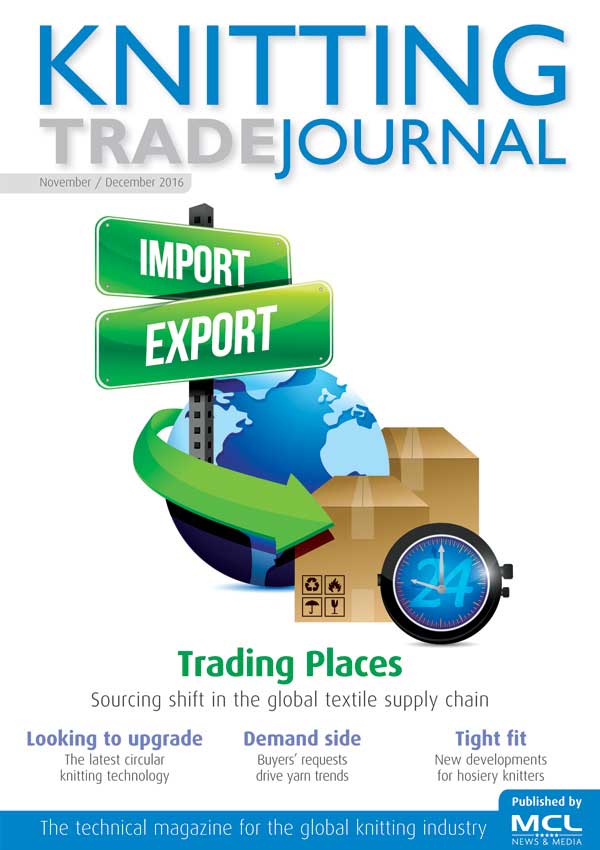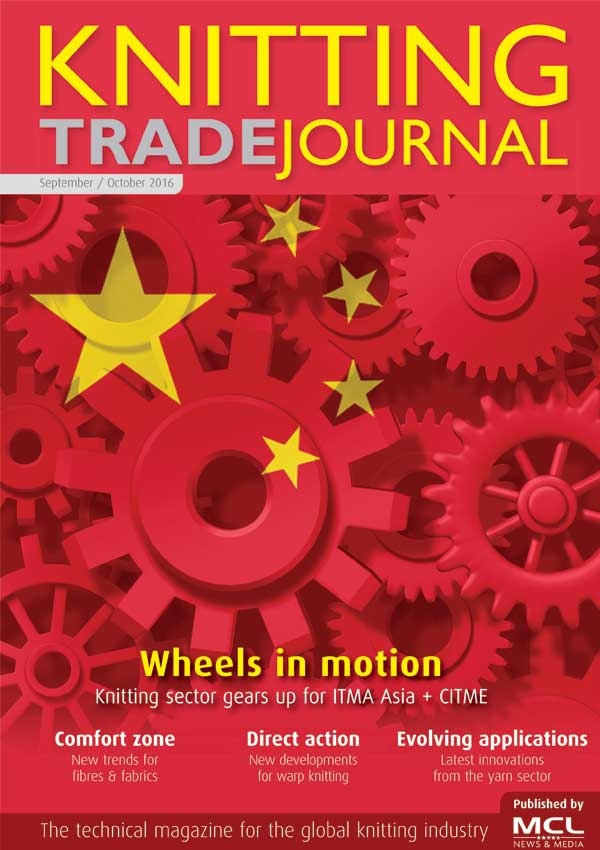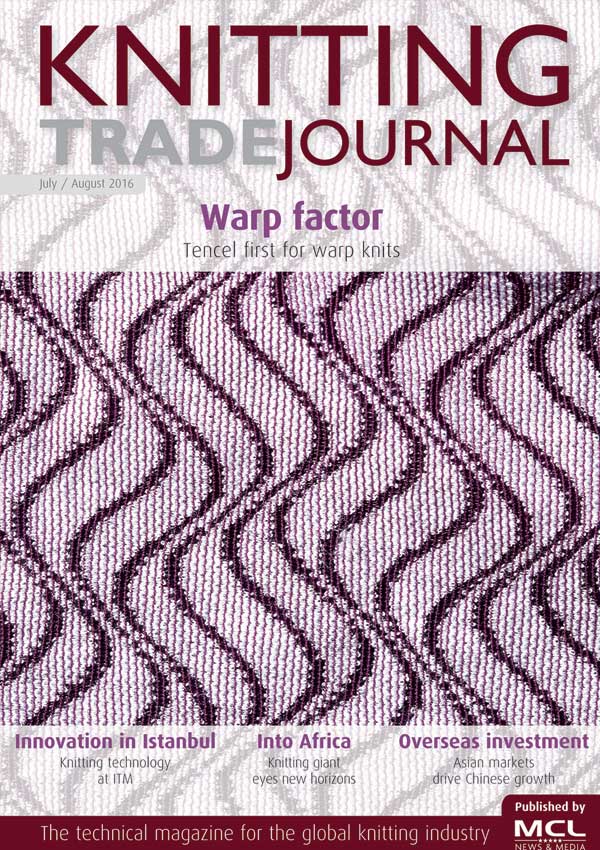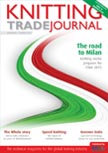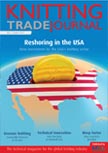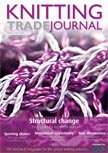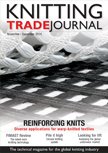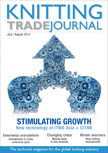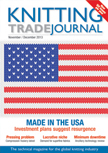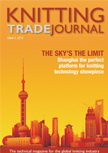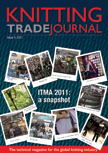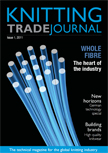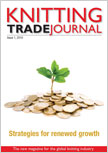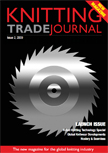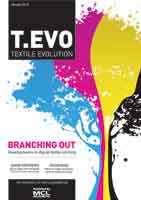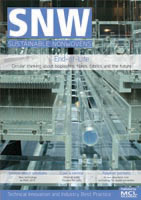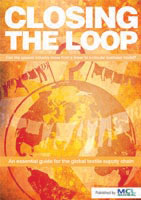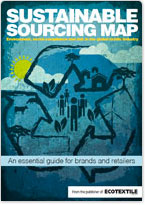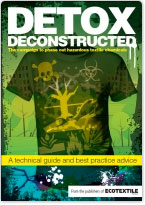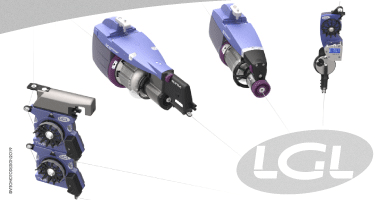Lenzing – The Lenzing Group has announced the extension of its fibre identification technology to Tencel branded lyocell and modal fibres, cementing its commitment to providing supply chain transparency along the entire textile production process.
The successful launch and feedback from the industry on the system used for Lenzing Ecovero branded fibres, as well as the growing number of wood-based cellulosic manufacturers, encouraged Lenzing to further expand the technology for the Tencel brand to ensure traceability of its products.
Lenzing’s fibre identification technology provides physical identification of fibre origin at different stages of textile products such as the fabric and garment level. This enables full traceability of the fibre, protects from counterfeiting and provides assurance to brands and retailers that their products are made from Tencel branded lyocell and modal fibres. It also guarantees that the fibres are produced in state-of-the-art-production facilities that meet high standards for resource efficiency and environmental and social responsibility. This, says the company allows brands and consumers to have full visibility of how and where their products have been made.
Fibre identification will be a vital part of the fabric certification process within Lenzing’s E-Branding Service. As of November 2021, all fabrics will be tested for fibre identification, enhancing the security of Lenzing’s online services and testing facilities and increasing transparency and security between value chain partners.
By the first half of 2022, additional services for brands and retailers will be integrated onto Lenzing E-branding Service.
Issues
The textile industry has always been aiming to tackle environmental issues such as pollution and carbon emissions. Increasingly, brands are embracing sustainability, but the take up has been slow, especially for manufacturers and suppliers. In order to enhance the industry’s ability to manage its value chain more sustainably, both brands and consumers must be fully aware of the nature and magnitude of the issues within the process.
Tracking and traceability of raw materials in the final product can ensure raw materials originate from responsible resources, comply with industry standards and thereby prevent usage of materials from controversial sources. In the long run, this will help improve the overall sustainability of the industry thanks to informed decision-making by all parties.
“As the awareness of sustainability grows, we see the need to continuously improve transparency and traceability of our products, so as to make sure our brand credentials are well protected and trusted by industry stakeholders and consumers,” said Florian Heubrandner, Vice President Global Textiles Business at Lenzing. “By extending the Tencel brand’s effort on supply chain transparency with our fibre identification technology, we hope to enable the textile industry to become more sustainable, as well as ensure our brand partners have the credibility to communicate their sustainability efforts and combat greenwashing.”
As a result of the push for sustainability in the fashion industry, Lenzing says that more brands are looking to commit to sourcing cellulosic fibres from eco-conscious producers with stringent wood sourcing policies and industry-recognized production guidelines in terms of ecological and social impact. Using Lenzing’s fibre identification technology and being able to track fibres throughout the process, provides consumers with an assurance that the clothing and home textile products they buy are made of sustainable Tencel branded fibres.
As brands and consumers become more aware of the importance of informed purchase decisions, it is also becoming more imperative to offer proofs around the production process. The combination of both physical and digital traceability allows brands to easily verify the materials used in their products – this will become a key driver in the textile and fashion industry.
Through Lenzing’s partnership with TextileGenesis to launch a blockchain-enabled supply chain traceability platform, in addition to its innovative E-branding Service, Lenzing says it has been at the forefront of digital traceability. “Over the next few years, branded fibre products will employ fibre identification technology on a broader level, and, in time, it will be possible to real time track and trace materials through the supply chains. We hope that our success can provide the industry with an example of how innovation empowers sustainability and help to shift perception towards proven sustainable solutions,” added Heubrandner.




